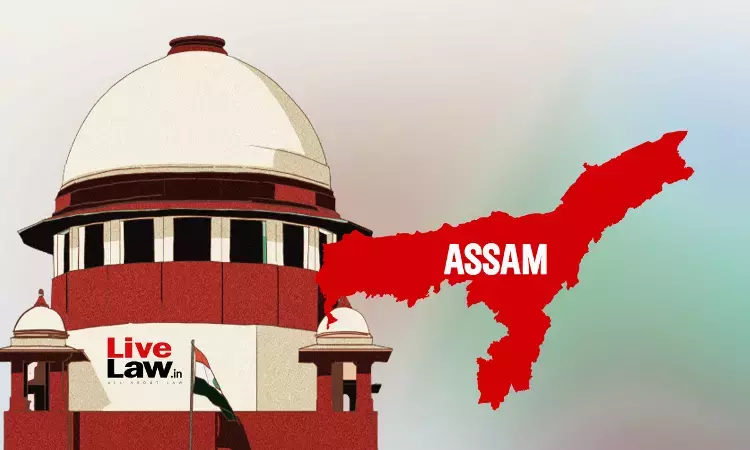While hearing a plea raising the issue of 'fake' encounters in Assam, the Supreme Court today expressed that there is a legislative mandate behind establishment of Human Rights Commissions and they are expected to act pro-actively in civil liberty matters.In the context of Assam, it called on for data regarding enquiry, if any, initiated by the Assam Human Rights Commission into cases...

